
Long after restrictions and regulations have taken hold in dozens of countries, legacy asbestos continues to expose workers and communities to preventable health risks.
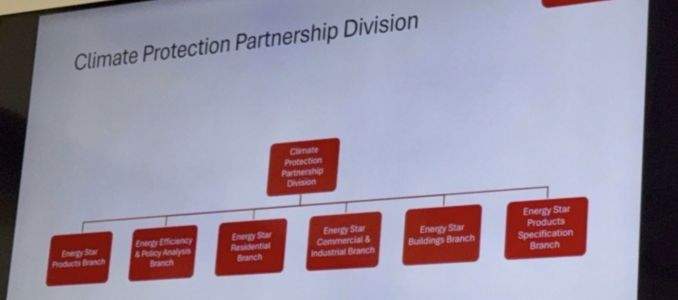
EPA plans to shut down key climate programs, including the Greenhouse Gas Reporting Program and Energy Star, sparking concerns over industry competitiveness, consumer costs, and transparency in emissions data.
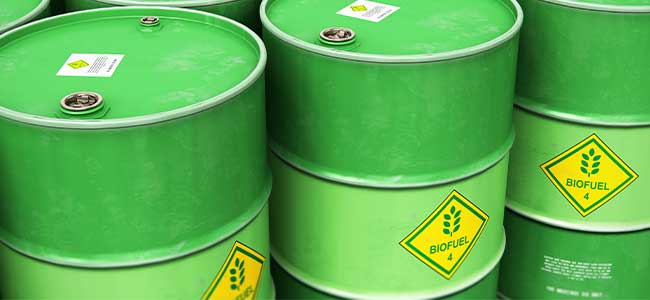
The DOE and EPA have allocated $6 million to support biofuel technology advancements.

The EPA has approved California's first carbon storage wells, enabling large-scale carbon sequestration in Kern County to reduce emissions and combat climate change.
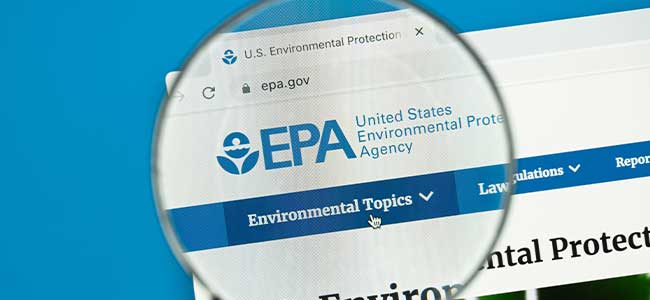
The EPA’s latest report highlights record-high fuel economy and record-low vehicle CO2 emissions in model year 2023 vehicles.

The rule imposes fees on excessive methane emissions in the oil and gas sector, promoting reductions aligned with climate goals.

The EPA's latest data shows a continued decline in greenhouse gas emissions from large industrial sources, particularly power plants.

Strengthening energy grids to withstand natural disasters is crucial as climate change intensifies extreme weather, leading to more frequent and prolonged power outages, and the aging infrastructure struggles to keep pace with rising energy demands.

The funds will support forest restoration and biomass technologies through the California Wildfire Innovation Fund.
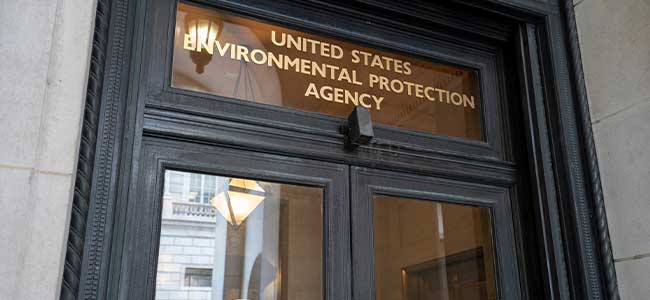
Despite long-term improvements in air quality, recent increases in certain pollutants necessitate continued efforts to safeguard public health.

Recent advancements in carbon capture technology and natural carbon sinks highlight the ongoing efforts and challenges in meeting global emissions reduction targets, emphasizing the need for innovative approaches and continued research.

The agency selected 25 projects to reduce greenhouse gas emissions and improve air quality.

The national plan aims to cut food waste in half by 2030.

The five recipients will develop innovative HFC reclamation and destruction methods.

The document addresses climate change threats as a primary infrastructure concern.

The 2022 inventory includes emissions from seven key greenhouse gases.
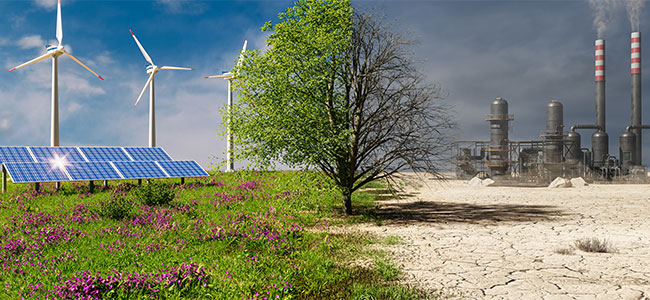
The climate change conversation has shifted from prevention to mitigation and adaptation, focusing on the feasibility of strategies and expert opinions on reversing the worsening crisis amidst rising temperatures and more frequent extreme weather events.

The EPA was instrumental in launching the Global Methane Initiative in 2004.

The funding aims to bolster USGS’s mission of addressing climate and hazard challenges.

Real-time monitoring and SMART building technologies can significantly reduce energy consumption and help the U.S. meet its ambitious carbon reduction targets.